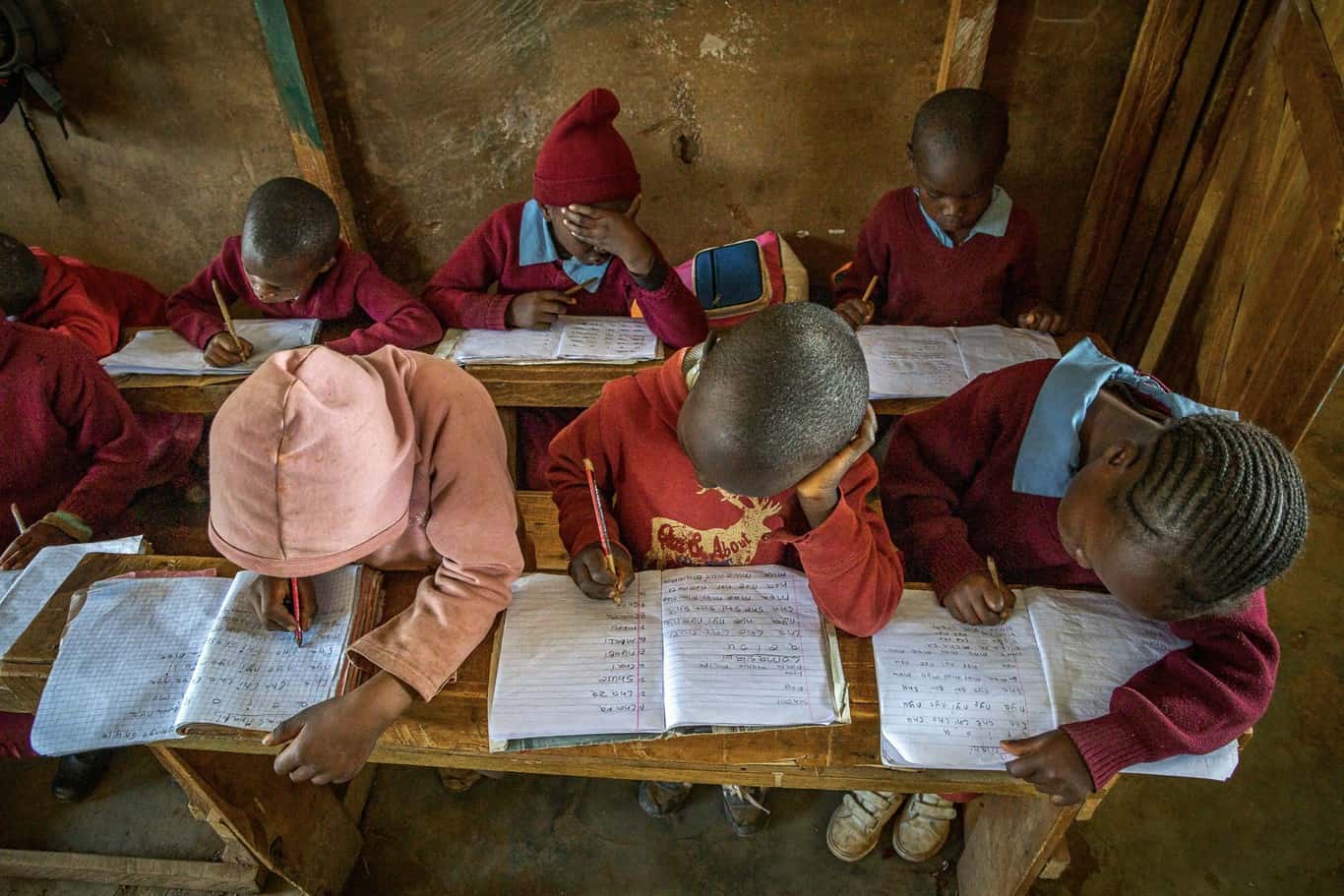COVID-19 forces 17,000 students out of school
On March 15, 2020, the Kenyan government closed schools and colleges nationwide in response to COVID-19, disrupting nearly 17 million learners countrywide.

Since schools closed in Kenya, the ministry of education and other agencies have indicated that learners should undertake online learning or technology-mediated learning on TV, radio, ed-tech apps, and mobile phones.
While such learning may take place in urban areas, for the marginalized children in our communities, learning during COVID-19 school closures is a deep challenge. Learning mediated through ed-tech remains out of reach as electricity does not reach households, and even if parents have tensions around privacy and kids’ unsupervised internet use render access for learning nonexistent.
In addition, parents with low literacy levels and limited education resources are not only frustrated at having to homeschool without adequate preparation, but they also cannot reinforce their children’s learning.
School Reopening
Kenya’s President, Uhuru Kenyatta, said he expects schools to resume by September 1, the third term for students, and has directed the Education Ministry to consult with the Health experts to come up with a new calendar by mid-August.
This announcement comes one day after Education Cabinet Secretary, George Magoha, said the Ministry would not rush to re-open schools.
“The pandemic is still spiking. Nobody has re-opened schools when the disease is still spiking. South Korea and Israel did everything right, re-opened schools, and were forced to close when the disease started killing students,” Magoha said.
Village Impact School Counsellors are working on resilience-enhancing resources for returning teachers and students to help deal with the psychological effects of the COVID-19 pandemic.
Village Impact School Counsellors are working on resilience-enhancing resources for returning teachers and students to help deal with the psychological effects of the COVID-19 pandemic.
